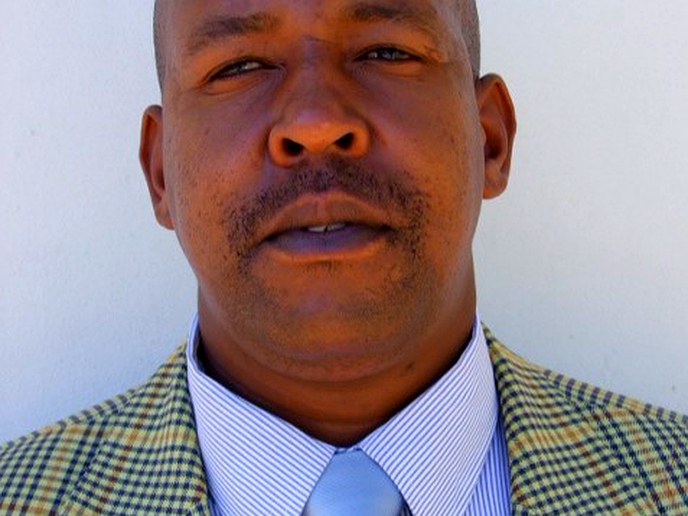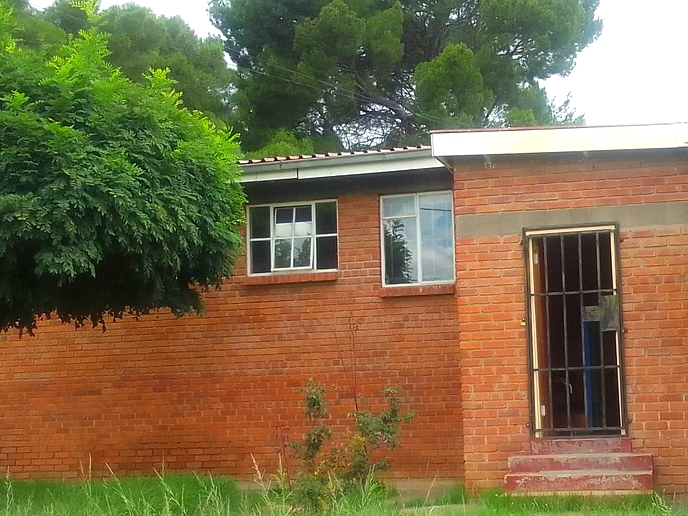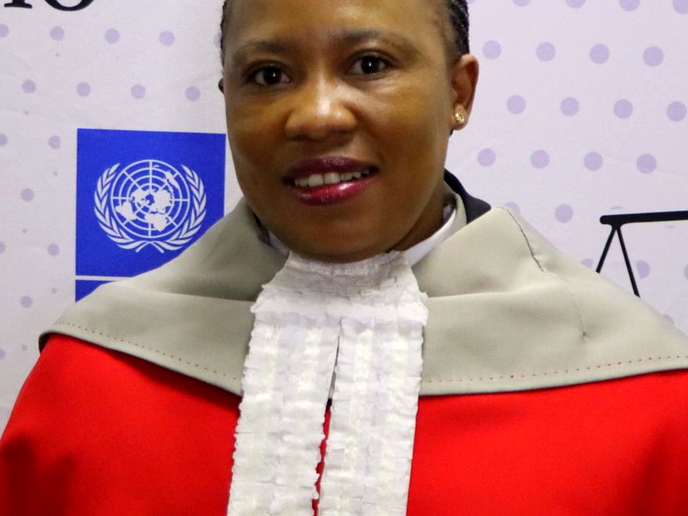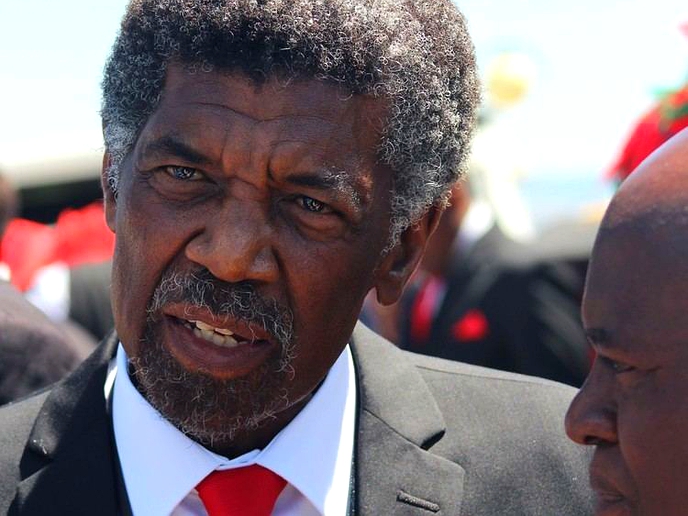THE commission of inquiry investigating the escape of inmates from Maseru Central Correctional Institution (MCCI) and the subsequent torture of others has rejected the government's directive to close the proceedings to the public and media.
news
May 3, 2024
RELEBOHILE TSOAMOTSE
4 min read
Prison torture commission defies govt
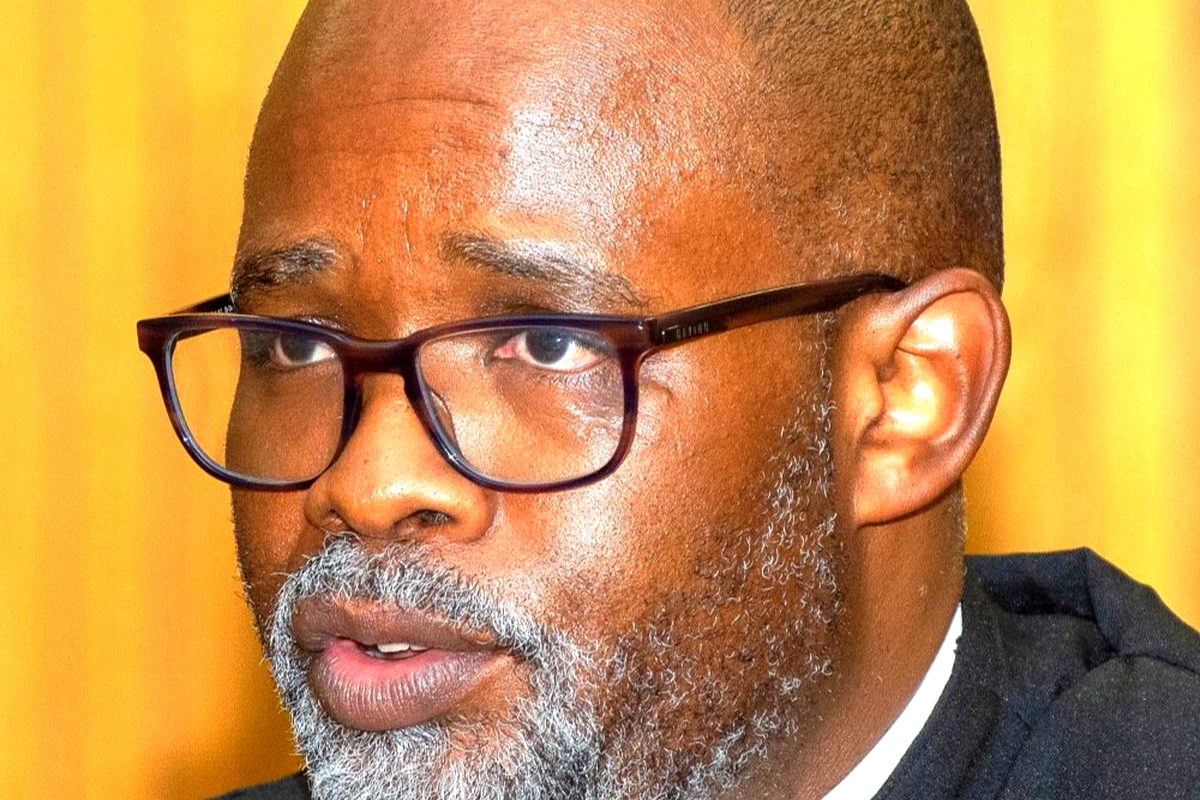
Judge Realeboha Mathaba
Story highlights
Instead, the commission asserts its autonomy in deciding which evidence should be heard privately (in camera) and which can be made public.
Chairman, Judge Realeboha Mathaba announced at a media briefing that although there was pressure to conduct closed sessions, not all evidence necessitates secrecy.
He explained: “It will be within the discretion of the commission to decide which evidence cannot be publicly disclosed.”
This statement comes in contrast to the position held by Law and Justice Minister, Richard Ramoeletsi, who had pushed for a private inquiry.
However, Justice Mathaba mentioned that the commission has requested the Ministry of Law and Justice to revise its terms of reference, as they are currently too broad.
He explained that the need to narrow them is driven by the limited timeframe of two months allocated for the inquiry as well as resource constraints.
Additionally, he emphasised that the terms should specify that the commission's focus will be solely on issues concerning the MCCI.
While the revised terms of reference are still pending publication, Justice Mathaba stated that the commission members have decided to commence hearing evidence to advance the proceedings.
"The regulations will be published as soon as they are finalised, but in the meantime, we have resolved to begin hearing evidence on May 13," he said.
Last week, Minister Ramoeletsi announced that the government has allocated M2 million to fund the logistics and related expenses of the commission.
Following an independent investigation initiated by her office, Ombudsman Advocate Tlotliso Polaki recommended the establishment of an independent inquiry to delve into the circumstances surrounding the torture of inmates at MCCI.
The severity of the abuses led to the death of one inmate, Bokang Tsoako, and the disablement of Tlotliso Bereng, while inflicting grievous bodily harm on many others.
Polaki identified 40 LCS officers directly linked to the torture, recommending further investigation and criminal charges against them.
During her investigation, the ombudsman discovered that more than 300 inmates had been severely tortured and were in need of medical attention they had never received.
"Not less than 300 inmates were afflicted and had been beaten up," she reported. According to her findings, the beatings by officers were unprovoked, involved slapping, and involved aggressively searching inmates to provoke altercations.
Polaki’s inquiry also uncovered a well-orchestrated plan to torture and ill-treat inmates, particularly those from the Lesotho Defence Force (LDF) awaiting trial. She noted that senior officers were present during these beatings but did nothing to intervene, indicating a pervasive culture of neglect and a lack of accountability.
Polaki's report attributed the torture of inmates at MCCI to a combination of systematic and human factors.
She highlighted abuse of power, unresponsiveness, and dereliction of duty by certain officers present during the violations as key human factors.
The report also noted a staff shortage at MCCI, leading to a reliance on recruits to conduct search operations during festive season standby times.
Systematic issues, according to Polaki, have compromised correctional services, with most facilities being unsafe for inmates. This situation is exacerbated by the institution's reliance on outdated prison rules for daily operations.
Additionally, management decisions are often based on personal discretion and whims, further undermining professionalism within the institution.
Enjoy our daily newsletter from today
Access exclusive newsletters, along with previews of new media releases.
Polaki said these factors, along with other human elements, negatively affect inmates, who are the primary recipients of correctional services.
The report also cited a prolonged poor working environment and conditions for correctional officers, which have led to rogue behaviour, including collusion between officers and inmates on illegal activities and management sabotage.
Moreover, an inoperative ICT infrastructure has compromised the security system necessary for 24/7 surveillance.
Polaki pointed out that there are inadequate controls to ensure inmates are not violated and that the standards and guidelines governing the opening and closing of cells, searches, and seizures are often unsupervised by MCCI supervisors.
She insisted that further investigation was necessary to thoroughly address these issues.
In response, Prime Minister Samuel Matekane appointed Justice Mathaba, along with lawyer and former diplomat Advocate Kelebone Maope and retired Lesotho Correctional Services (LCS) commissioner Mojalefa Thulo, as members of the commission.
The commission, established under the Public Inquiries Act of 1994, Section 3(1), has a tenure of two months.
After this period, a report with recommendations is to be published, addressing the findings and proposing measures to rectify the identified problems.
Tailored for you



